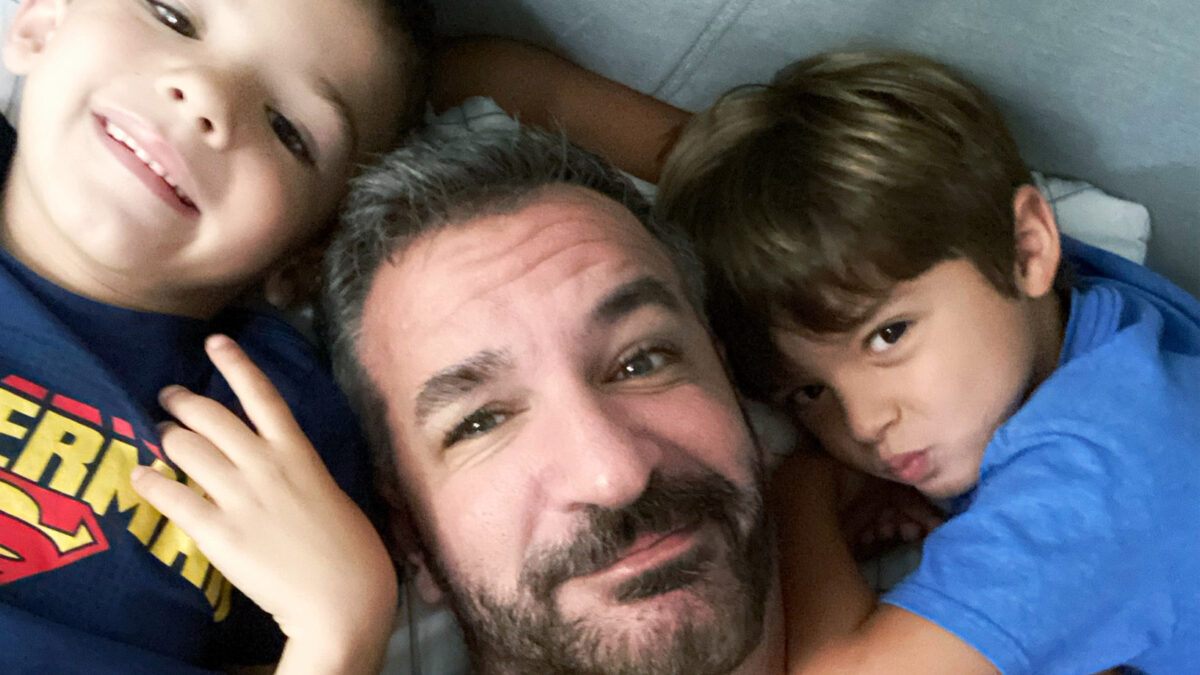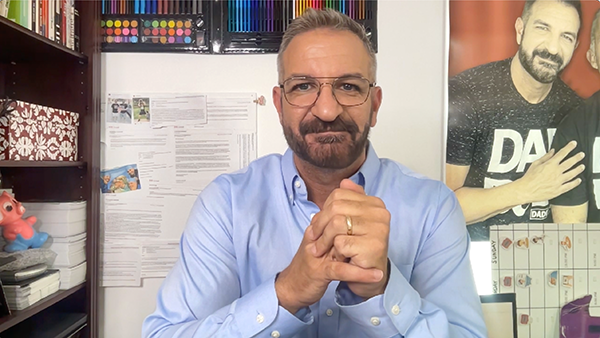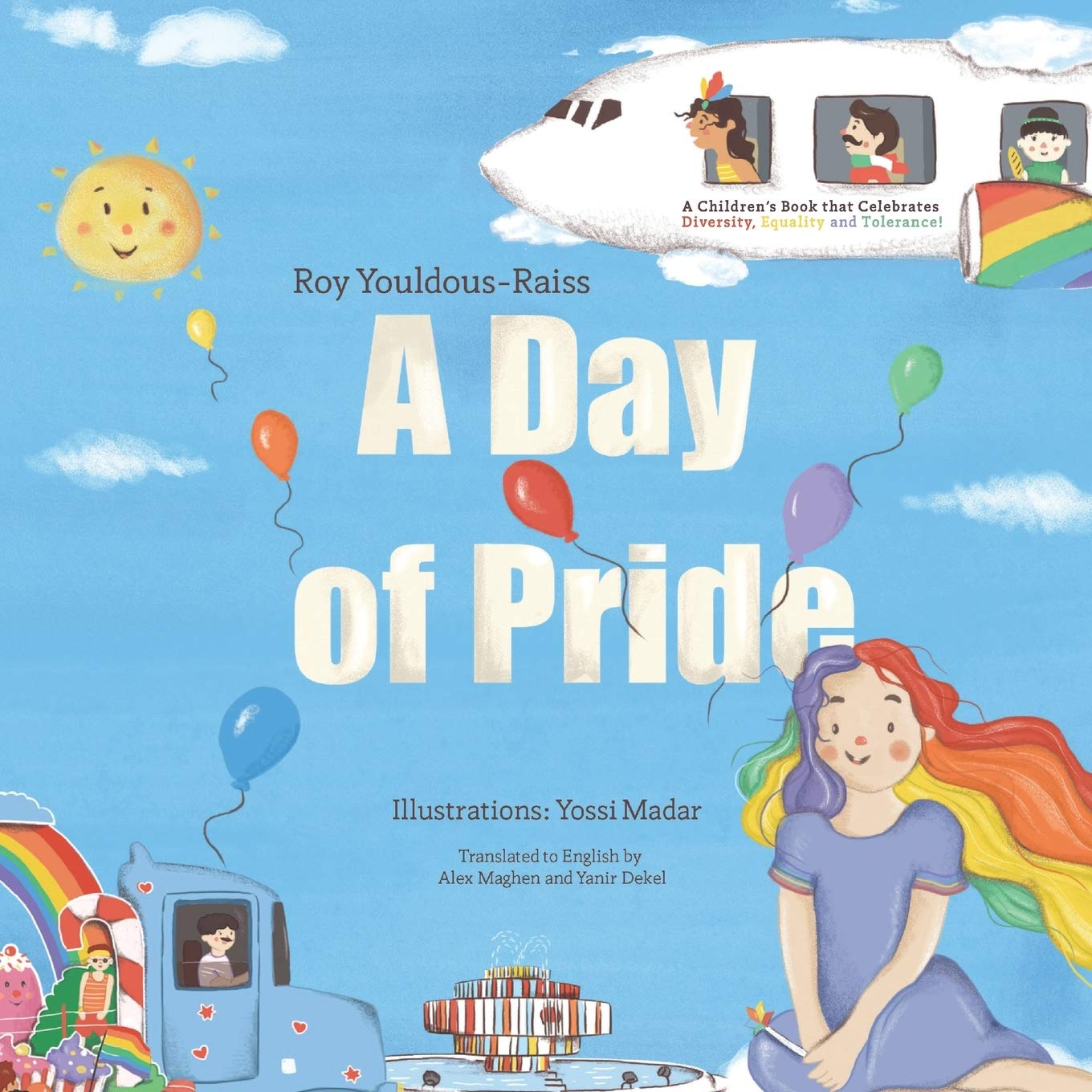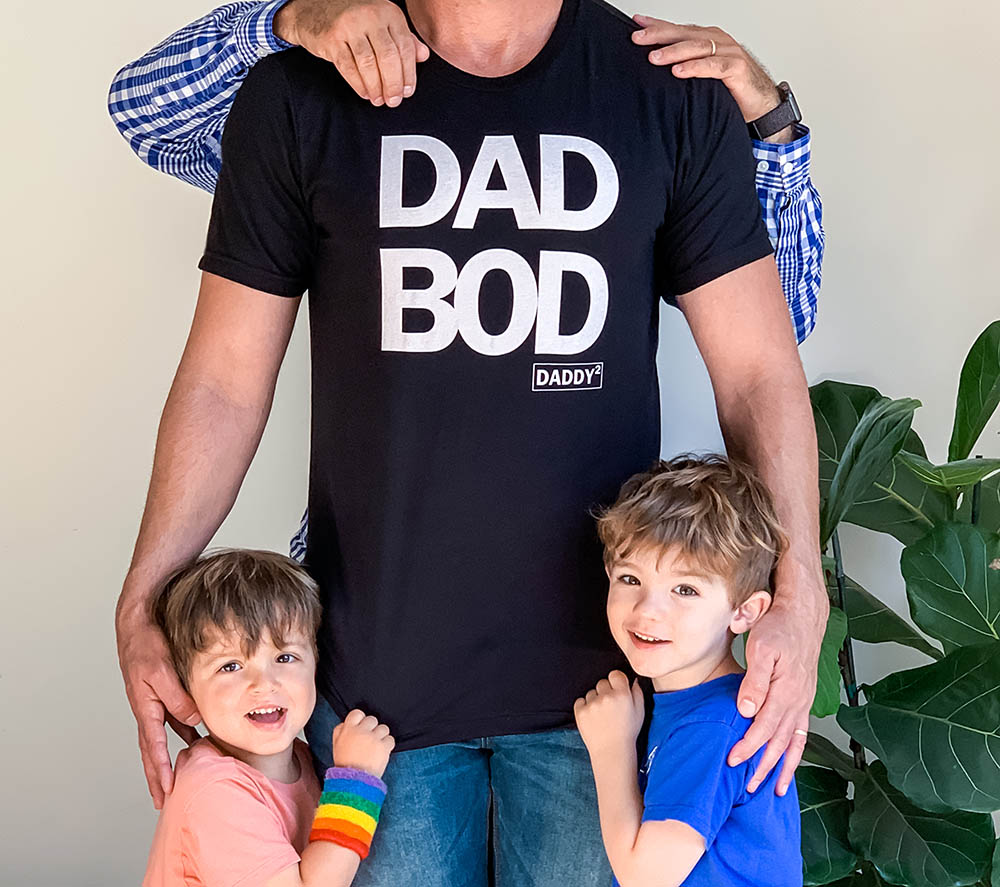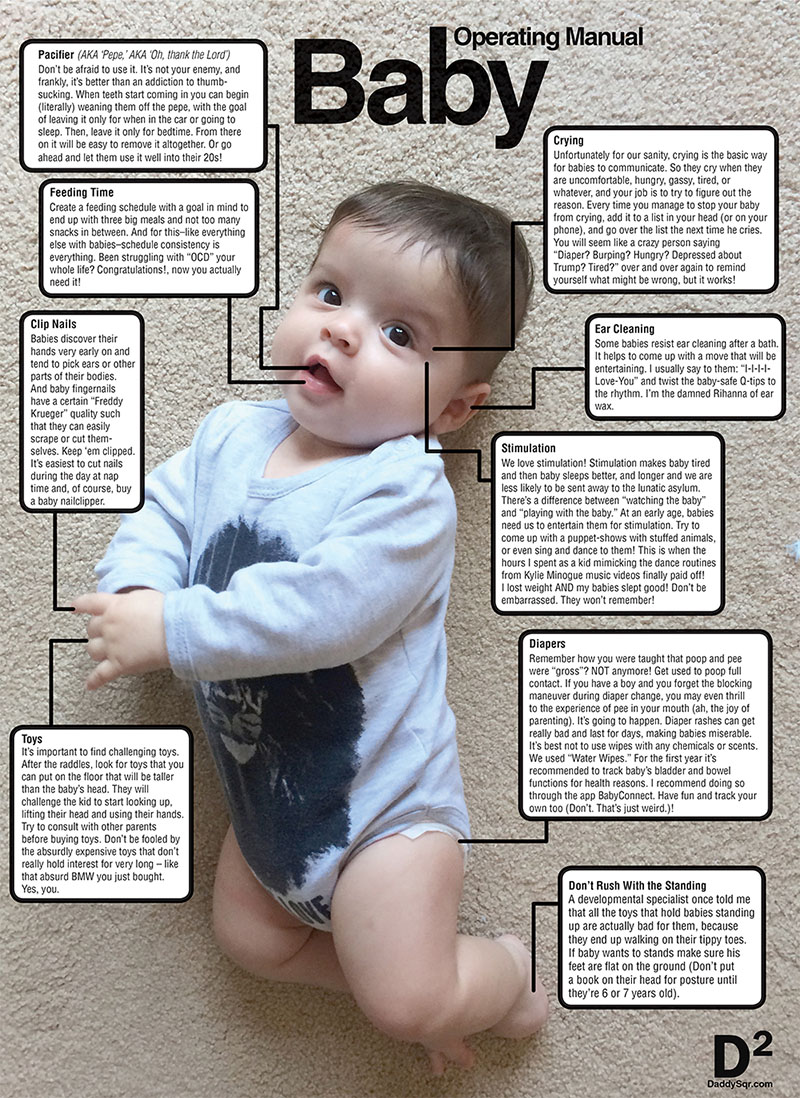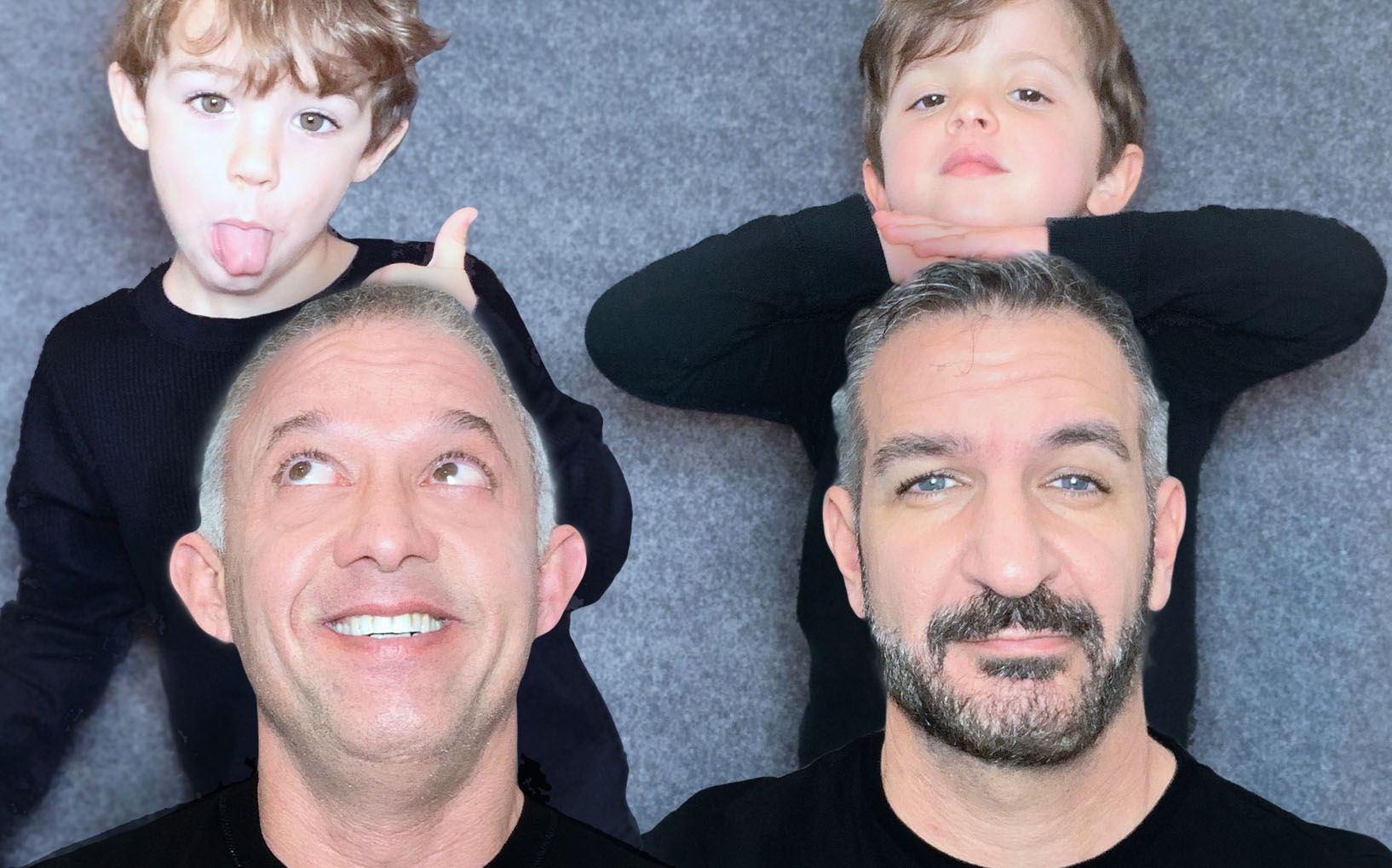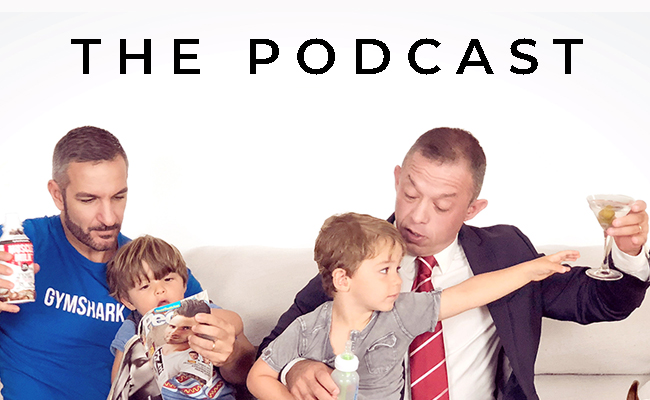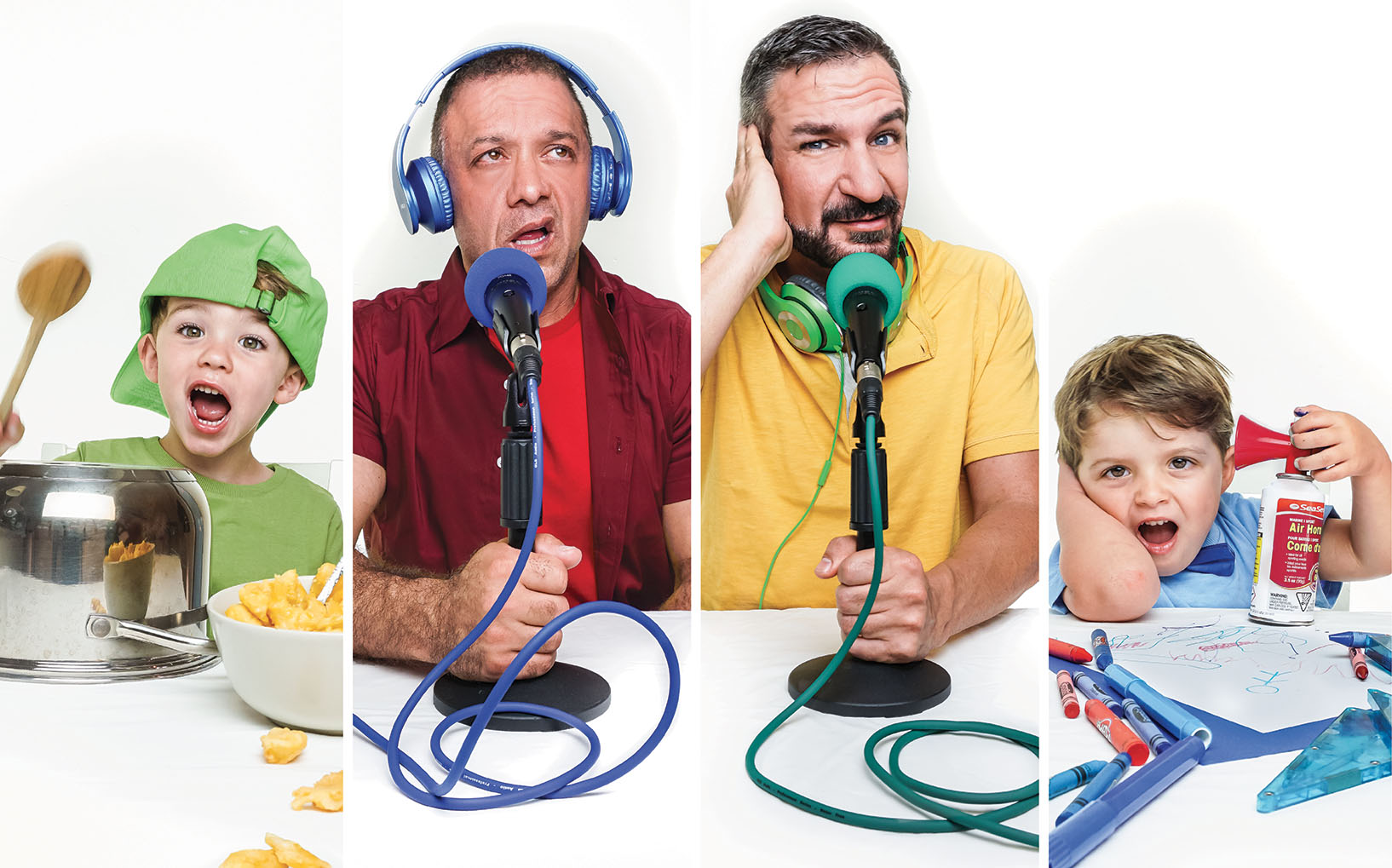Facing Your Kids’ Fear of the Dark and Fear of Death
Facing our kids’ fears can be a challenge. We try as parents to protect our kids and to keep them happy all the time, so I guess when they start to develop things like a fear of death – subjects that we adults have still not figured out – what are we supposed to tell them?
Over the past year, our kids (who are almost 6) have developed fears that put me as a parent in a position where I have to ask myself some questions. The top three fears would be that of the dark, of abandonment, and of our (their parents’) death. How do you deal with that?!
As many parents would, I turned to Google for answers. I wasn’t sure if these fears showed up in the first place because of COVID-19 and the kids’ interpretation of the lockdown, or if it’s an established “thing” for this age. It just seemed so young to start contemplating… the meaning of life, really!
I turned to the wonderful Dr. Courtney Bolton, parent coach and a previous podcast guest, who first of all agreed with the internet and normalized it. “Being afraid of new things – especially the dark and separation from loved ones – often begins to show up around 2.5 years old as children’s cognitive development matures,” Dr. Bolton said. “Toddlers through Kindergarteners demonstrate fear for a variety of reasons in several ways as their understanding of the world grows.”
It turns out that even the fear of death comes earlier than we thought, and I’m writing this in retrospect, because I wanted to see how these fears evolved in my kids.
Kids’ Fear of the Dark
My kids started waking up in the middle of the night talking about being afraid of someone breaking into our house. After trying a few methods like showing them how all the doors are locked or talking with them about the reasons people break into houses (mostly for money and expensive stuff, which we don’t have – even my insane collection of rare Kylie Minogue records doesn’t comply), I started seeing the pattern of the fears coming up mostly at night. So I asked them why they’re afraid during the day, and that’s when they expressed the fear of dark. I figured that I might have even helped them a little to understand what exactly are they afraid of.
“While fear of the dark occurs for several reasons, it’s important to remember to validate those feelings,” Dr. Cortney says. “Saying something along the lines of, ‘Yes – sometimes it can be scary in the dark.’ Try not to shame them for these fears by saying something like, ‘Big boys/girls aren’t afraid of the dark.’ The truth is – even adults have moments of hyper alertness in the dark. We are wired that way, to have a heightened sense of alertness for security. Once you validate feelings, try to get your child used to being in the dark by linking it to fun activities. Usually, children outgrow this around 7 or 8 when they are in first or second grade.”
One night, at 1:00 AM Ben woke up and was talking about the dark. So I decided to go try something and I took him for a car ride in the city so that he could see how everything looks at night. We had so much fun seeing familiar places, and even the park, as it looks at night. I believe this experience was really a breakthrough in overcoming his fear because we both ‘realized’ that even at night when it’s supposedly dark, you still see things, because of the street lights, etc.
Dr. Courtney suggests fun creative “dark games” and prep before sleep. “One thing we like to do in my house is look for shadow shapes, such as puppies, clouds and other objects in the shadows,” she says. “The goal is to link being in the dark with fun (but not overly exciting) activities. Anything too exciting can have the undesirable effect of keeping your kids awake when they should be sleeping.”
“Creating routines at night can provide security for toddlers,” Bolton adds.
“Read a story, turn off the lights then review the day, sing a song, say prayers or review the good things about the day. Before leaving the room, go through the schedule for the following morning so that your child is focused on that. This serves two purposes: a) to keep your child in bed and b) to keep thoughts fixed on good that comes the next day rather than worries.”
In the ‘things to avoid’ before bedtime category, Dr. Bolton lists night lights and screen time. “Children, and adults too, wake up naturally several times throughout the night, and any light can interrupt the sleep cycle. We normally return to sleep in the dark more easily until morning light peeks in. If you are going to get a night light, keep it very dim and avoid anything with blue light. Avoid screen time at least an hour (preferably 2 hours) before bed if possible. Even if the subject matter isn’t scary, watching TV can deplete a preschooler’s resources to rationally think through fears and reason.”
Dr. Bolton also advises to not let them fall asleep on you or with you, since it can turn into a habit and interrupt sleep patterns. It’s better to leave the room and check in or leave the room and return them to bed than to let them fall asleep holding you each night.
“Remember that it’s okay for children to be a little uncomfortable, but they need to learn to regulate their emotions and develop self-calming strategies. Give them the tools and space to do this.”
Fear of Death
You can blame YouTube, or Disney movies or whatever, but kids learn about death at an early age. After I stopped blaming Roblox, I had to deal with two five year olds asking me what would happen if someone broke into our house and killed both me and my husband.
Again, my instinct, plus knowing I’m dealing with two highly intelligent kids (I’m not bragging, it’s an undeniable fact… ok, I’m bragging) was to really go to what makes sense: “Why would someone want to do that?” – I remember starting with that and really analyzing the fear, basically like what I do with myself. I also remember going more general with them and explaining feelings vs. logic. I explained to them what fear is (ok, maybe it was too sophisticated, but I tried!) and I really tried to turn everything about it into a conversation, not me trying to lecture them and suggesting that their fear is wrong. I feel like this more “question and answer” approach really had benefits.
Dr. Bolton told me later that the validation of the fear should be brief. “Instead of downplaying the fear, recognize they’ve been carrying the burden of worry,” she explained. “’I could see how that might be scary or might make you sad.’ Avoid saying, ‘That’s silly’.”
“Help your child talk about what is frightening them about death. Is it being alone? Being separated from family or parents? Disappearing? Children have different notions of death and what it means. Try to explore what they think it means and what is scaring them. Just talking about it can be helpful in processing emotions and thoughts around death and what it means.”
It was no surprising for me to find out that the fear of death is linked to the fear of abandonment. Just makes sense, really. And just as they pulled on my clothes as I left them at nursery school (“don’t pull my pants, daddy is not wearing any underwear!”), Dr. Bolton refers to answering the fear of death of the parent as if the question is about fear of abandonment, which means that while kids need to be able to develop their own coping skills, modeling good self-soothing strategies can be really helpful.
“Reassure them that you are not planning to leave them – using concrete examples, such as ‘’Remember the time Daddy and Abba went to Palm Springs? We couldn’t take you, but we came back two days later.’ Keep in mind that children are very black-and-white so, if they’ve heard someone has died of 1) being old or 2) being sick, they may worry about losing a grandparent or parent who seems older or if someone in the family is under the weather. Again – validate and briefly reassure.”
Also, always check yourselves. I truly believe in therapy for ourselves before we look at anyone else, and Dr. Bolton says to be aware that they may be reflecting anxiety in the household that needs to be managed. Children are sponges, be aware of what media and conversations are being held in the house.
“If your child is unable to participate in typical childhood activities, going on playdates, going to school, separating easily from parents or the fear lasts beyond 7 or 8 years old and is severe and persistent, talk to a psychologist or pediatrician about your concerns,” Dr. Bolton says. Your child’s fear shouldn’t affect his/her ability to enjoy typical activities and shouldn’t feel obsessive or pervasive.”

